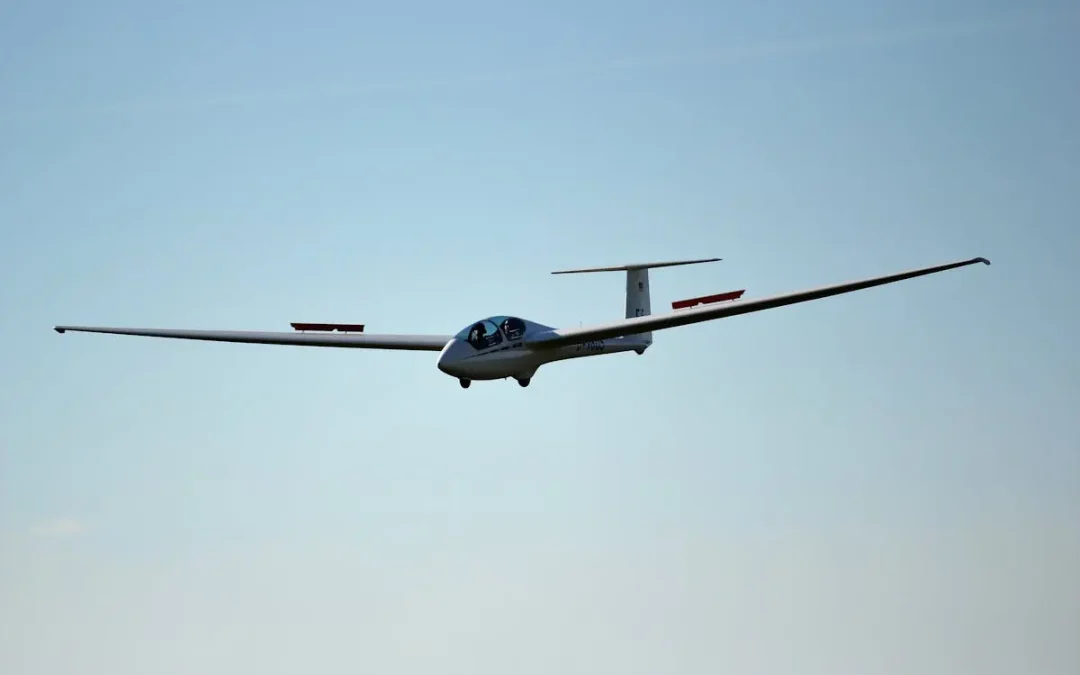Exploring Technological Advancements in Precision Engineering
At Hilltop Engineering, we are at the forefront of precision engineering, leveraging advanced technologies to design and manufacture intricate components with unparalleled accuracy. This precision is vital for industries such as aerospace, automotive, and electronics, where even minor errors can have significant consequences.
Introduction to Precision Engineering Technologies
Q: What technologies does Hilltop Engineering use to achieve high precision?
We utilise state-of-the-art technologies like Computer Numerical Control (CNC) machining, 3D printing, and laser cutting. CNC machining allows us to shape materials with computer-controlled tools, ensuring precise and repeatable results. 3D printing, or additive manufacturing, builds three-dimensional objects layer by layer, offering extensive customisation and reduced waste. Laser cutting provides precise and clean cuts, essential for creating detailed components.
Evolution of Precision Engineering Tools
Q: How have precision engineering tools evolved at Hilltop Engineering?
The evolution of precision engineering tools has significantly enhanced our capabilities. Modern CNC machines, which we employ extensively, automate the production of complex parts with high precision. Our adoption of 3D printing has revolutionised prototype development, making it faster and more cost-effective. We also use nano-precision machining techniques, allowing us to create intricate and miniature components with utmost accuracy.
Importance of Precision in Engineering
Q: Why is precision so crucial in Hilltop Engineering’s projects?
Precision ensures that components are manufactured to exact specifications, which is essential for the functionality and reliability of machinery and structures. In industries like aerospace, automotive, and medical technology, the smallest error can lead to significant issues. By focusing on precision, we ensure high performance, efficiency, and safety in our designs.
Impact of Technology on Precision Engineering
Q: How has technology transformed Hilltop Engineering’s approach to precision engineering?
Technological advancements have drastically transformed our approach. We use computer-aided design (CAD) and computer-aided manufacturing (CAM) to enhance precision and efficiency. Machine learning algorithms optimise our processes and predict potential errors. 3D printing enables rapid prototyping and the production of intricate components. Our automated systems ensure consistency, minimising human error in manufacturing.
Innovative Trends in Precision Engineering
Q: What are the latest trends Hilltop Engineering is adopting in precision engineering?
We are continually advancing by integrating innovative trends such as:
- Additive Manufacturing: Allows for complex designs and quick prototyping.
- Digital Twin Technology: Revolutionises product design, testing, and optimisation.
- Automation and Robotics: Enhance efficiency and accuracy in manufacturing processes.
- Smart Sensors and IoT: Enable real-time monitoring and data collection, improving precision and predictive maintenance.
Applications of Precision Engineering Advancements
Q: How do Hilltop Engineering’s advancements benefit various industries?
Our precision engineering advancements are revolutionising several industries:
- Aerospace: Designing and manufacturing aircraft components with high accuracy.
- Medical Field: Creating intricate medical devices like surgical instruments and prosthetics.
- Automotive Sector: Developing efficient engines and advanced safety features.
- Electronics Manufacturing: Producing precise electronic components for devices like smartphones and computers.
- Renewable Energy: Designing and optimising components for solar panels and wind turbines.
Future Prospects in Precision Engineering Technology
Q: What future advancements is Hilltop Engineering excited about?
We are exploring promising future prospects in precision engineering technology:
- Nanotechnology Integration: Allows the creation of extremely small and precise components.
- Digitisation and Automation: Leads to more efficient and accurate production processes.
- Additive Manufacturing: Enables the creation of complex geometries with high precision.
- Customization and Personalization: Offers greater flexibility in design and production.
Integration of Automation in Precision Engineering
Q: How does Hilltop Engineering integrate automation into its processes?
Automation is integral to our precision engineering processes. Our automated systems perform tasks like machining, inspection, and assembly with high precision and consistency. This reduces human error, increases production speed, and lowers manufacturing costs, enabling us to create complex components that may not be achievable through manual methods.
Challenges and Solutions in Precision Engineering
Q: What challenges does Hilltop Engineering face, and how are they addressed?
We face challenges such as maintaining tight tolerances and optimising processes for efficiency. To tackle these, we implement advanced machine learning algorithms, real-time monitoring systems, and cutting-edge simulation software. These solutions improve our precision engineering processes, helping us achieve higher levels of accuracy and performance.
Conclusion: Embracing the Future of Precision Engineering
At Hilltop Engineering, we are committed to embracing the future of precision engineering by staying abreast of the latest technological advancements. By incorporating cutting-edge tools and techniques, we enhance precision, efficiency, and quality in our work, ensuring we remain competitive and deliver superior results across various industries. Discover how our expertise in precision engineering can benefit your next project.

